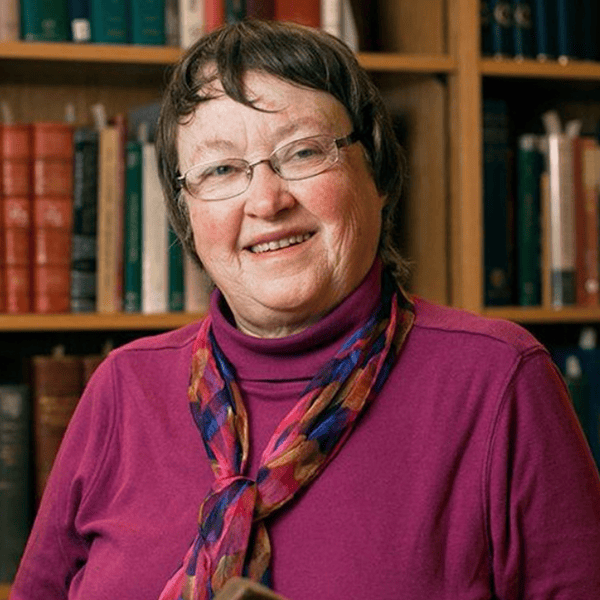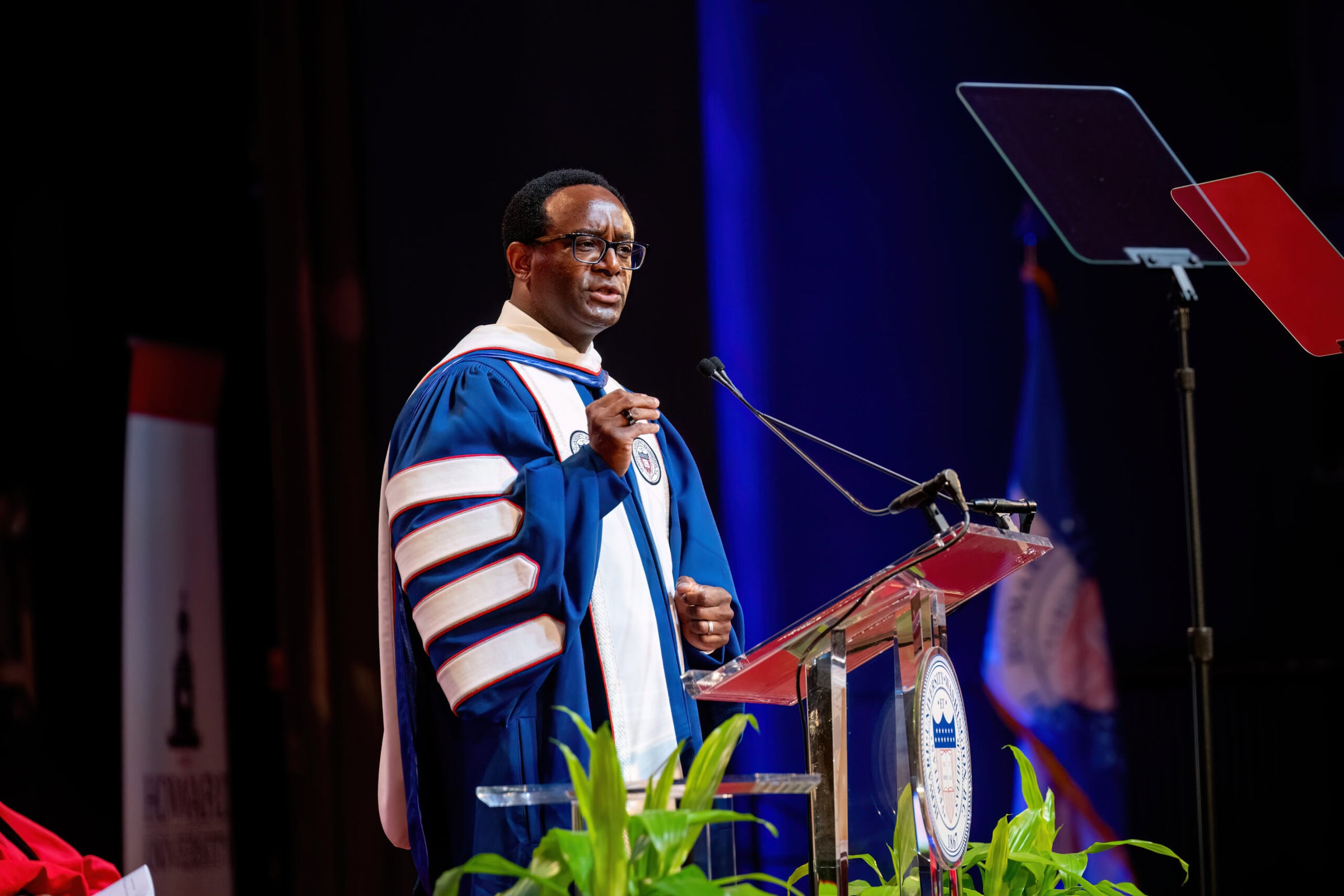Lately I’ve been thinking about the shape and future of the historical profession, especially in light of the current challenges we face. And so, as historians are wont to do, I decided to embark on some historical research.
Wondering how historians will be recruited into the profession in the future, I wanted to know how historians have been attracted to our field in the recent past. I also wanted to know why people chose to study the fields they did. And I wondered about the creation of scholarly networks—how historians today have developed networks of colleagues with whom they share their work and ideas. Could such patterns be extended into the future? Or are large changes in store?
My method was simple, and I do not pretend that it has produced a representative sample. I sent e-mails some months ago to my colleagues in the Cornell history department and to some academic acquaintances whose e-mail addresses were readily available in the contact list on my computer. Some of those I addressed were my contemporaries, recently retired or about to retire. Others were former undergraduate or graduate students. Still others constituted my own professional network, accumulated over the years and comprising academics of diverse ages, fields, and experiences. Not surprisingly, given my interests, the respondents overrepresented both women’s historians and early Americanists, but by no means fell into those categories exclusively.
Not everyone replied, and some did not respond to all my questions. But overall I had about 40 answers to each of my queries, a sufficient number to identify patterns. Some replies I expected; others I did not. Because my interests are qualitative, not quantitative, I supply no numbers. I promised everyone anonymity.
One theme recurred: historians have ended up in our profession because they were dissatisfied with other academic fields.
This month’s column deals with the answers to the first question: Why are you a historian? Few variations by gender or age emerged in the responses.
I promised to reply to the inquiries myself, so I begin with my own answer, which, as it happens, was echoed by several others: I have always loved history. In fact, I cannot recall a time when I did not read history (and historical fiction) avidly. My interest might have started with my parents, both of whom had studied history in college, but I always planned to major in history (although until I entered graduate school I had no conception of what “being a historian” involved). Still, a high school term paper assignment showed me early on that I loved doing research in primary sources.
Others told me the same. “I was drawn to history from a very early age,” said one, who added that he was “really affected by the play Les Miserables” and so initially wanted to study the French Revolution. Two recalled devouring historical encyclopedias as children. Another wrote, “I have loved history since about third or fourth grade.”
Some did not cite a love of history per se, but rather familial experiences—for example, being the child of an immigrant family and hearing stories of life in the old country, growing up in a neighborhood with residents of diverse backgrounds, or hearing particular family stories. Two cited parents active in leftist politics. One was inspired by his father and uncle having served in the navy in World War II. A woman’s parents “constantly” discussed “things in the past and had a lively interest in politics and world events.” And another woman recalled, “As I was growing up, my mother used to tell us the story of how she and my father met. It’s a good story, about a blind date and fleas. She’d tell the story different ways to different ends, to make different points.” This historian drew the following conclusion: “We construct history from the past, telling stories to an end.”
Another cluster of responses credited teachers—sometimes high school, sometimes college, sometimes both. “My high school history teacher . . . was a very smart and enthusiastic teacher who first showed all of us at our rather mediocre high school that learning for the sake of learning could be fun and rewarding,” wrote one. “I fell in love,” wrote another; “the first course I walked into at [college] . . . was an honors seminar version of the Western Civ survey, taught by [a man] who turned out to be the best teacher I ever knew. . . . By the end of the first week, I was hooked.” (That same phase, “I was hooked,” turned up several times in other responses.) Another commented, “The simple answer would be a single, inspiring (and also quite intimidating) high school history teacher, who introduced me to history as a form of analysis and argumentation rather than description.” A man told me, “I always loved history but it was . . . my first semester of university that led me to decide to major in history.” And one more: “I became a historian because of an undergraduate professor who introduced me to topics I was already drawn to . . . in a historical context. I found it to be far more powerful than the way those topics were approached in other disciplines/classes.”
I have always loved history. In fact, I cannot recall a time when I did not read history (and historical fiction) avidly.
That last theme recurred repeatedly: historians have ended up in our profession because they were dissatisfied with other academic fields. In college, they began with different majors, but changed their minds, sometimes then, sometimes for graduate school. One, whose parents had not attended college, recalled that she first considered “practical majors” but then was inspired by a large lecture course on early modern Europe. Another started in economics because of parental pressure but then “on the sly” added a double major including historical study. “As an undergraduate, I majored in literature,” one told me, “but came to realize that historians ask broader questions about people’s lives, mine a broader range of sources, and employ more creative methods—and they can still study literature and ideas.” Others had the same reaction to political science; one wrote that he concluded that “political scientists merely touched the wavetops of important historical developments. I always wanted to go deeper.” A few of my informants tried other jobs after college before choosing graduate school in history: being a paralegal, working in finance, practicing property law, joining an activist movement and being “appalled” by how ahistorical it was. Two revealed that they wanted to write fiction or plays but thought themselves insufficiently creative to do so successfully.
And then there was this response: “I have no idea why I became a historian. I was just really interested in the subject itself, and was surprised by the idea that you could get support to go to grad school. I’m not sure I really understood that I was becoming a historian by going. . . . I thought about the future less than you might think.”
It is hard to believe that anyone applying to graduate school in history in years to come would repeat that comment. Laments about the state of the academic job market have continued too long and loudly for such a lack of awareness to persist. Still, it is also true that loving history and becoming a professional historian are two different things, and one learns that difference only by doing.
As for the other answers: I anticipated those influenced by great teachers or by their own families or (like me) by an initial love of history. I did not expect to find so many colleagues who had moved into the historical profession after exploring other academic fields first and finding them wanting in depth or breadth. That trajectory suggests that as we think about recruiting the next generation of historians, we need to reach out to brilliant undergraduates, regardless of their current majors, to stress the wide range of approaches available in historical study. As one of my acquaintances put it, we can tell them that history offers “the greatest flexibility in terms of subject matter.” That is no small advantage.
This work is licensed under a Creative Commons Attribution-NonCommercial-NoDerivatives 4.0 International License. Attribution must provide author name, article title, Perspectives on History, date of publication, and a link to this page. This license applies only to the article, not to text or images used here by permission.


